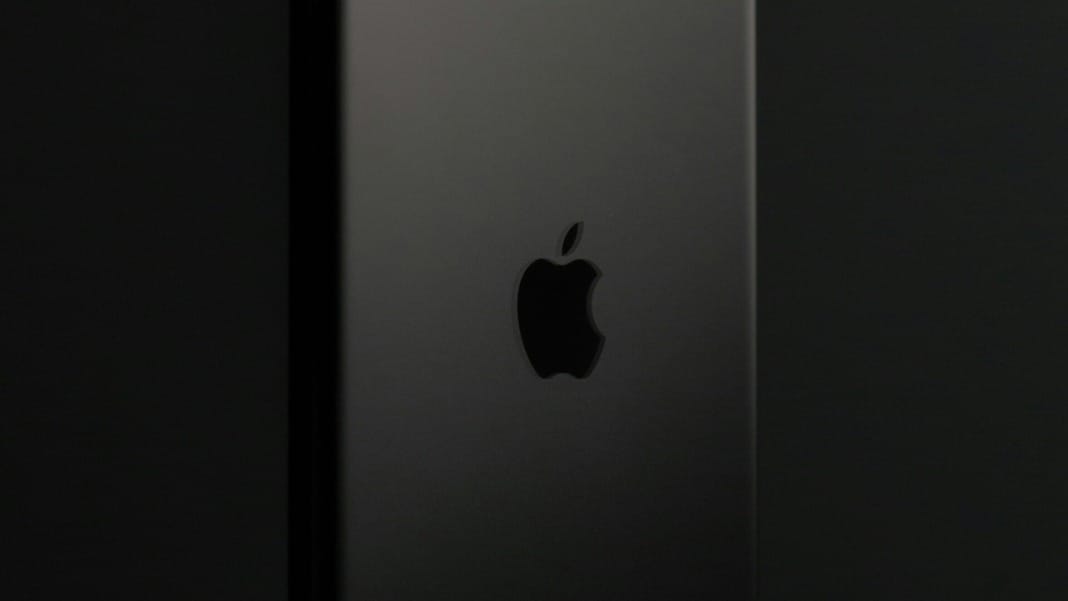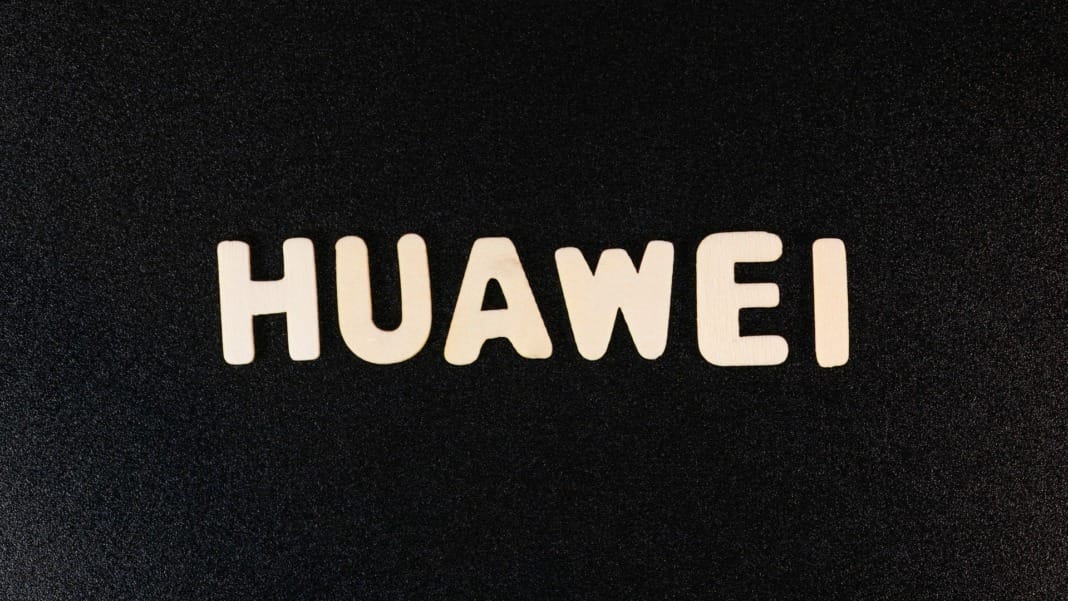In a significant policy reversal, Apple has announced it will continue to support web apps on iPhones and iPads in the European Union, even after the introduction of iOS 17.4. This change of heart arrives amidst the ongoing adjustments required by the European Union’s Digital Markets Act (DMA). Let’s explore the implications of this decision for Apple and its European users.
The evolution of web apps on Apple devices
Apple’s journey with web apps, or Progressive Web Apps (PWAs), has been quite dynamic. Initially introduced as a separate application from browser tabs, these web apps offered enhanced user experiences, allowing access to device features like notifications and cameras. Steve Jobs, Apple’s co-founder, once championed web apps as a viable alternative to native apps. However, this perspective shifted with the introduction of the iPhone SDK, leading to a focus on native third-party applications.
Financially, web apps and the App Store are crucial for Apple. The company’s Services division, encompassing the App Store, reported a record $22.3 billion in revenue in the fourth quarter of 2023. This highlights the significant role of web apps in Apple’s business model.
Navigating the digital markets act: Apple’s initial response and revision
Introducing the EU’s Digital Markets Act challenged Apple’s established practices. Initially, Apple planned to eliminate the home screen web app feature in the EU, citing intricate security and privacy issues. The DMA’s requirement for tech giants to support alternative browser engines and sideloading – installing apps from non-App Store sources – seemed to compel this drastic step.
However, this move was met with inquiries from the European Commission and a survey by the Open Web Advocacy group. As the March 6 deadline for DMA compliance approached, Apple revisited its strategy. In an updated statement, Apple conceded to ongoing security and privacy risks but agreed to maintain the existing home screen web app functionality in the EU. This decision represents a compromise between adhering to regulatory demands and upholding Apple’s standards for user security.
Looking ahead: The future of Apple’s app ecosystem in the EU
The adjustments Apple is making in response to the DMA have broader implications for its app ecosystem in the European Union. A notable change is the introduction of sideloading, albeit with a “Core Technology Fee” of 0.50 euros per app per year after reaching 1 million downloads. This development has sparked a debate among developers, with some criticising it as a means for Apple to maintain its market dominance.
Apple emphasises its DMA compliance strategy’s commitment to user privacy and security. The company acknowledges that while it aims to comply with the law, it cannot completely mitigate the new risks introduced by these changes. As a result, DMA-specific changes will be limited to the EU, reflecting Apple’s concerns about the impact on the user experience.
In conclusion, Apple’s recent decision represents a pivotal moment in its approach to web apps in the EU. Striking a balance between regulatory compliance and a strong focus on security and user experience, the tech giant is manoeuvring through a complex regulatory landscape.





